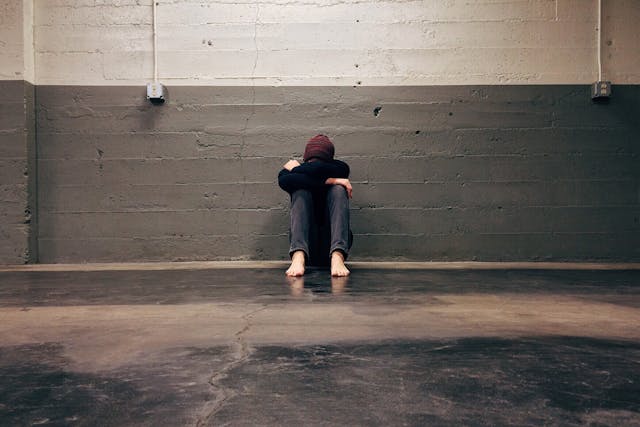Depression is a psychological problem that causes a feeling of deep sadness that can last for a long time. It makes daily tasks such as going to school difficult.
If you suffer from depression, you may often feel tired, have difficulty concentrating, or lose interest in things you normally enjoy doing.
In this post you will learn more about how to deal with depression. We’ll delve into different types of therapy that can help you feel better.
You will also learn how to find professional help. If you ever feel like you need more help, we are here to support you and make life a little easier.
What is depression?
The central nervous system is greatly affected when you feel depressed. You can easily ignore or dismiss some symptoms.
Even though depression is known to affect most people once in their lives, you can also have multiple episodes. During these cases, symptoms occur almost every day. Some of these symptoms may include:
- Feeling sad, empty, overly emotional, or hopeless
- Frustration or outbursts of anger over minor problems
- Losing interest or pleasure in things you enjoy doing
- Trouble sleeping or sleeping much more than normal
- Little to no energy, making small tasks difficult to complete
- Increased cravings for food or decreased appetite, leading to weight loss
- Feeling restless, excited, or anxious
- Slow body movements, speech and thinking
Effective therapies for depression
Cognitive behavioral therapy (CBT)
Cognitive behavioral therapy (CBT) is a form of therapy that involves the treatment of psychological problems. Some of the problems may include anxiety disorders, alcohol and drug abuse, depression, marital problems, serious mental illness, and eating disorders.
Various strategies are used under CBT to change thinking patterns. They include:
- Use problem-solving skills to deal with difficult situations
- Discovering your distortions in thinking that lead to problems, and then changing them based on what reality dictates
- Learning to gain confidence in your abilities
- Understanding the motivations and behavior of others
Interpersonal Therapy (IPT)
IPT is another type of psychotherapy that focuses on relieving symptoms by improving interpersonal skills. It focuses on your current lifestyle and relationships rather than developmental issues.
Your therapist is expected to be active, supportive, non-neutral and offer varying options.
The structure of IPT
- Opening sessions – These sessions focus on gathering the patient data and making a decision on what to focus on. The therapist will help you make a list of important relationships in your life. This is called an interpersonal inventory. The relationships are then grouped into problem areas.
- Intermediate sessions – You focus on trying to improve the problem areas with the help of the therapist. You both work to develop solutions to the problems.
- Final Sessions – Here you will review the issues identified in your Interpersonal Inventory. The therapist will then help you focus on dealing with the sense of loss that comes with the end of therapy.
You can always read more about depression therapy here https://timetobetter.com/depression-therapy
How do you identify qualified and recognized experts?
Finding a licensed therapist is crucial in the fight against depression. A qualified therapist will ensure that you have dug deep into your consciousness and identified the cause of the depression.
So where do you start? Checking for references can help you see if they have the right training. A good therapist ensures that people leave good reviews. Combining these reviews and recommendations from people you trust will put you on the right track with recovery.
Do you recognize the symptoms mentioned in this blog? Seeking professional help will make a big difference in your life. Hereby https://timetobetter.com/. These qualified therapists are always ready to provide you with the support you need.




